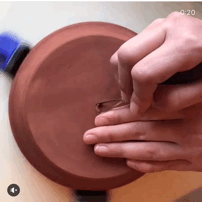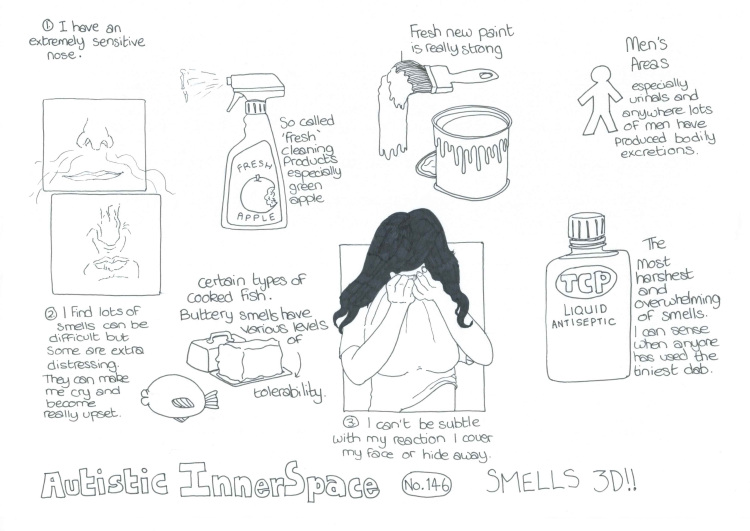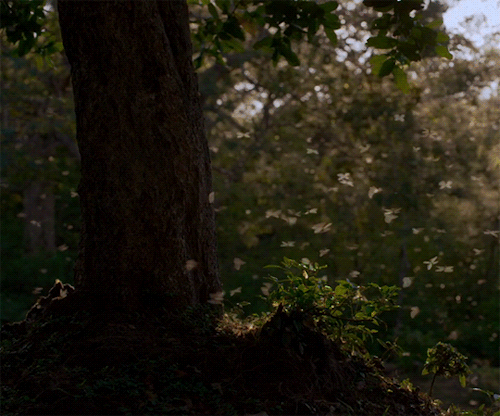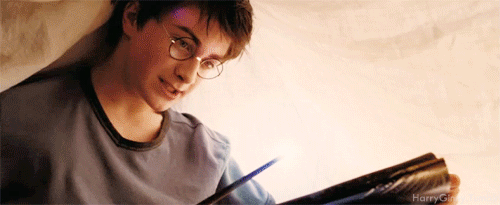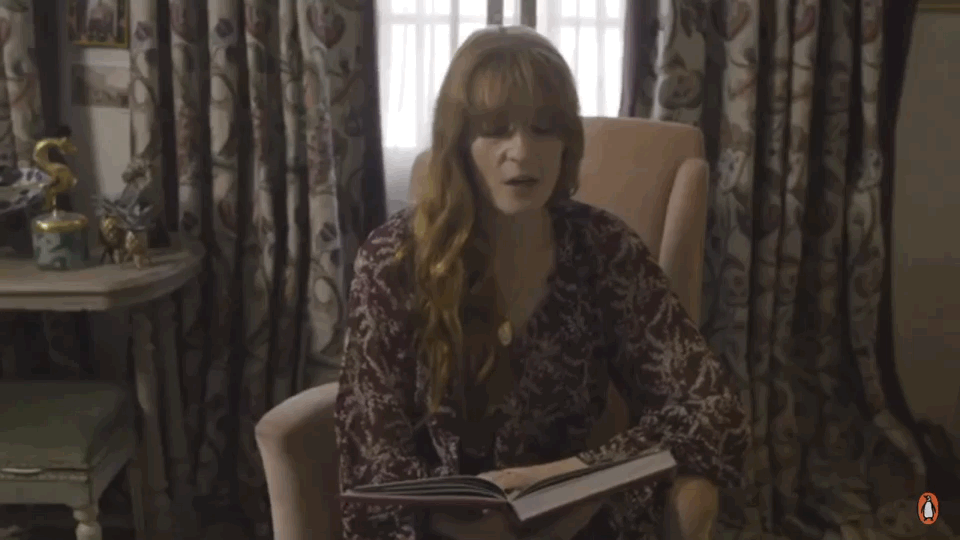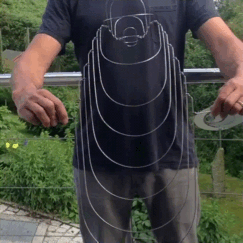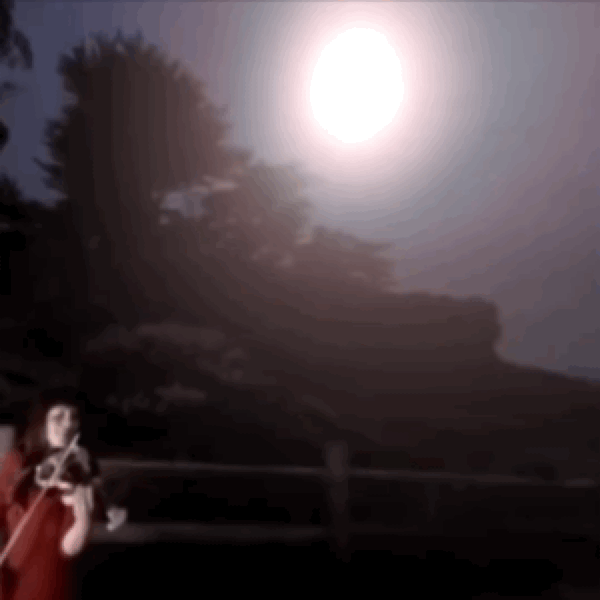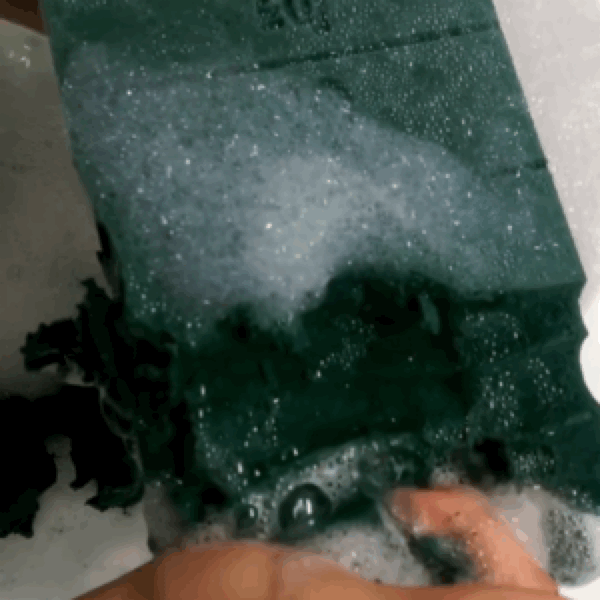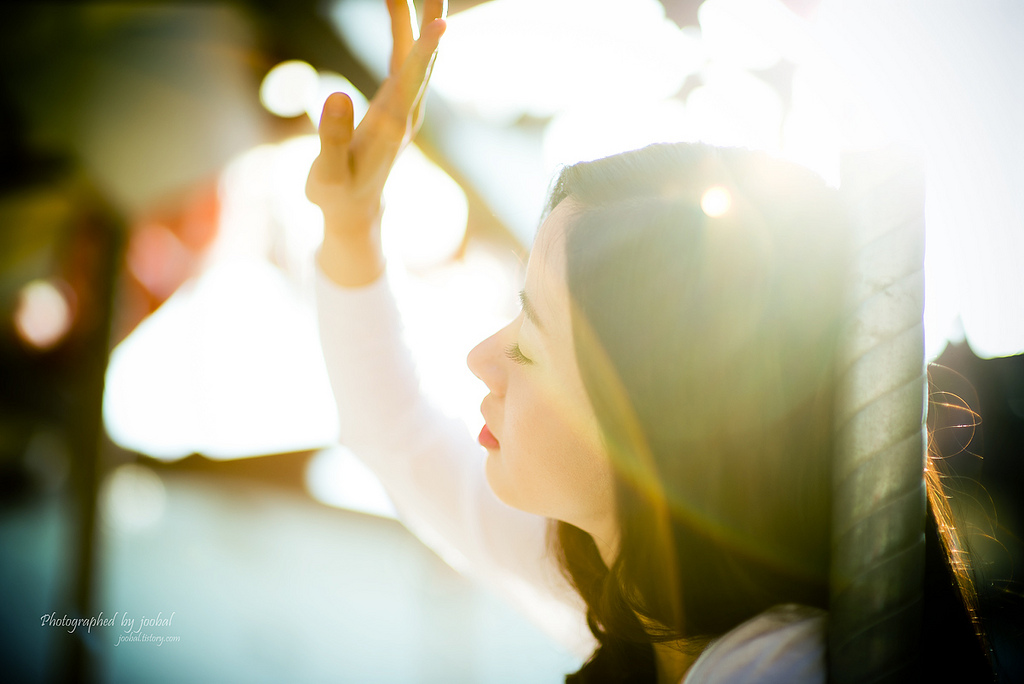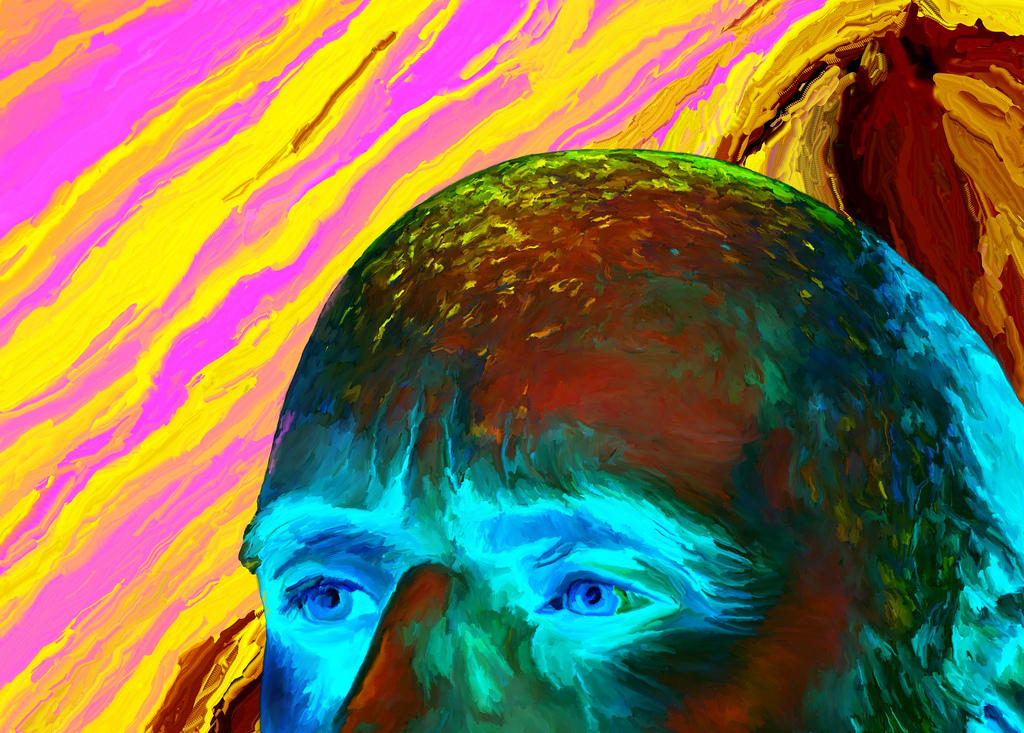“Instead of combusting, O’Reilly embarked on the D-monologues, which is made up of lots of conversations with disabled people. “I don’t take people’s stories, it feels too much like theft,” O’Reilly explains. “Instead I took people’s hopes, fears, thoughts, lived experiences, and used them to inform a fictional monologue. There are lots of different opinions: some people say ‘I’m not disabled, I don’t want to be called disabled’ because they may have a very different perspective from someone like me. […]
A synesthete explores London’s sounds, R & R is for routines and reinforcement, and an artist’s comics about Autistic Innerspace displays sensory triggers
“I can’t be subtle with my reaction. I cover my face or hide away.” — Helen, Autistic InnerSpace Comic No.146 Contents Selected Reads Sensory Entrancement Sensory Resources Chuckles + Daydreams Sources Discussion Comments
Dinosaurs apparently smelled flowers, nature sounds become a multi-million dollar industry, and a perspective shift in what students value in writers
“McKamey argues that the most important skill for a teacher is his or her ability to build trust with a student, which develops when students can sense that the educator is willing to hear their ideas, thoughts, and musings despite their challenges with grammar, low grades, or test scores in previous classes. This doesn’t mean that teachers need to cushion their feedback with fake praise, but it does mean, she thinks, that schools should help teachers develop skills to recognize […]
Presumptions of deficit can be damaging, embracing rather than masking autism can open the door for happiness, and piercing ASMR supercuts found in Harry Potter #takethemaskoff
“I have seen some autistic people argue that blaming society for our difficulties is shirking personal responsibility and that we should be aiming to ‘improve’ ourselves. This stance says a lot about their conceptualisation of autism: If one sees autistic people as deficient or lacking in some way compared to non-autistic people then it is understandable that one would believe that acting more like a non-autistic person is “self-improvement.” I do not see autism that way at all. All humans […]
Florence Welch shares poetry in her book Useless Magic, a mind-bending sensory reading list from Tom Parks, and humans can detect quantum photons
“Welch’s mother is a professor of Renaissance studies at King’s College London who worried about her daughter skipping university to focus on her musical career, lamenting “what a waste of a brain!” Both the lyrics and the poetry in Useless Magic validate Welch’s choice, offering a chance to appreciate on the bare stage of the blank page the fineness of her words. And like fellow poet-musician Nick Cave (thanked for “inspiration and encouragement” here), Welch has found a way for the song and the voice of the rabbit-hearted girl to coexist. As she says herself: “you can have everything.”
Spoken word poet Saul Williams gathers to the ancient, formal ASMR research studies begin, and Koko the signing gorilla dies at 46
“According to Williams, however, the recent attention given to spoken word as a distinct genre within the arts is more a return to something that has deep and rich roots in our society: “The resurgence of poetry is cyclical and perpetual. It’s always engaged a new generation of youth who have brought it back to the forefront of culture and put new terms on it, whether it’s beat poetry, bebop poetry, slam poetry – there’s always been these resurgences. But it’s ancient.”
A.I. hears music in your head, businesses use music to affect tasting experience, and the brain processes sight and sound the same
“Music menus: Restaurants that are putting more emphasis on their soundtracks—aiming to create the right mood rather than just muffling the conversations of diners and other background noise—include renowned Los Angeles restaurant Vespertine, where a series of seven tracks is heard before, during and after the multicourse meal.
“Music, for sure, is arguably the most important part of my creative process,” says chef Jordan Kahn.
Music is hard to miss at Vespertine, where the $250 tasting menu is currently 19 courses. Kahn says he aims “to use sound to enhance and augment the dining experience, not to distract the guest.””
Illustrating environmental interaction, floral foam is the new slime, and a dog’s nose is 100,000 times more sensitive than a human’s
“The people in my illustrations are almost caricatures that presume and hint at deeper stories,” says Nathan. “I write a little so I naturally seek narratives even in non-sequential images.” The characters in Noise Complaint for example, span the human demographic, with a couple fighting next to their young child, boys playing loudly in a rock-band, two women doing DIY and someone putting out a fire — the characters are thoroughly human, relatable and despite Nathan’s high level of illustrative detail, leave space for the viewers own storytelling and interpretation.”
A Wrinkle in Time heroes develop, A.I. aims for our memory, and tools for easing anxiety
SENSORY NEWS REPORT Selected Reads + Buzz Book + Stim Tool Halcyon Entrancement Chuckles Sources From Twitter: [latest posts] #thursdaymorning #sensoryreaders #sensory #multisensory #stimtoys #news #sensorynewsreport
The unstoppable force of feelings, Cheddar Man’s new skin, and unconscious plants
SENSORY NEWS REPORT Senses in the News Stim Tools Chuckles Sources From Twitter: [latest posts] #thursdaymorning #sensoryreaders #sensory #multisensory #stimtoys #news #sensorynewsreport

